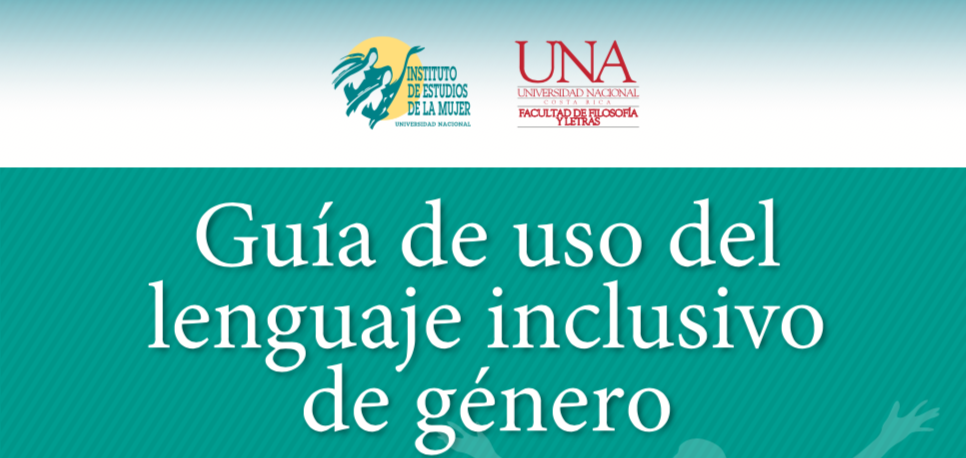Acoso laboral: el reconocimiento y el desprecio en el ámbito de trabajo
DOI:
https://doi.org/10.15359/praxis.85.1Keywords:
Labor ethics, Mobbing, Recognition theory, Work psychodynamics, Workplace harassmentAbstract
This article seeks to problematize the ethical implications of workplace harassment by analyzing, on the one hand, the role played by work and the relationship with others in the subjective constitution and mental health, and on the other, its implications in the construction of a collective ethnicity. from the recognition or contempt of its members. For this, the contributions of the psychodynamics of the work of Christophe Dejours are used, and the recognition theory of Axel Honneth that allow applying a comprehensive analysis framework of this phenomenon.
References
Brodsky, C. M. The Harassed Worker. Lexington, MA: D. C. Health, 1976
Bowling, N. A. y Beehr, T. A. Workplace harassment from the victim’s perspective: A theoretical model and meta-analysis”. Journal of Applied Psychology, 91, No. 5, (2006) 998-1012. https://doi.org/10.1037/0021-9010.91.5.998
Carrol, T. L. y Lauzier, M. Workplace Bullying and Job Satisfaction: The Buffering
Effect of Social Support”. Universal Journal of Psychology 2, No. 2 (2014): 81-89. DOI: 10.13189/ ujp.2014.020205
Dejours, C. “De la psicopatología a la psicodinámica del trabajo”. En Organización del trabajo y salud: de la psicopatología a la psicodinámica del trabajo, pp. 23-76. Argentina: Editorial LUMEN. 1998.
Dejours, C. Trabajo Vivo, Tomo I: Sexualidad y Trabajo. Argentina: Topía Editorial. 2012
Dejours, C. El sufrimiento en el trabajo. Argentina: Topía Editorial, 2015
Dejours, C. Conferencia Magistral “Sufrimiento en el trabajo: itinerario teórico en psicopatología del trabajo”. Universidad Nacional Autónoma de México (UNAM), s. f., https://mail.google.com/mail/u/0/?tab=wm&ogbl#inbox/FMfcgxwHNqGtbKDBwVTRQwZHJLFZvTMW?projector=1
Dejours, C. y Deranti, J. P. La centralidad del trabajo. 2013, http://fernandobritosv.blogspot.com/2013/05/centralidad-del-trabajo-segun-c-dejours.html
Dussault, M. y Frenette, E. “Loneliness and Bullying in the Workplace”. American Journal of Applied Psychology, Vol. 2, No. 4, (2014) 94-98 Available online at http://pubs.sciepub.com/ajap/2/4/3
Einarsen, S., Hoel, H. Zapf, D. y Cooper, C. L. “The Concept of Bullying and Harassment at Work: The European Tradition”. En Bullying and Harassment in the Workplace: Developments in Theory, Research and Practice, editado por Stale Einarsen, Helge Hoel, Dieter Zapf y Cary L. Cooper, 3-32. New York: Taylor and Francis Group, 2011
Fernández Villanueva, C. (2007). “Violencia y agresiones: pinceladas para una nueva perspectiva psicosocial interaccionista”. En Perspectivas y retrospectivas de la psicología social en los albores del siglo XXI, 163-170. España, Biblioteca Nueva, 2007
Fernández Villanueva, C., Revilla Castro, J. C. y Domínguez Bilbao, R. Psicología Social de la Violencia. Madrid, Editorial Síntesis, 2015
Hogh, A., E. Gemzoe Mikkelse y A. M. Hansen. “Individual Consequences of Workplace Bullying/Mobbing”. En Bullying and Harassment in the Workplace: Developments in Theory, Research and Practice, edited por Stale Einarsen, Helge Hoel, Dieter Zapf y Cary L. Cooper, 107-122. New York: Taylor and Francis Group, 2011
Honneth, A. La lucha por el reconocimiento, por una gramática moralde los conflictos sociales. Barcelona: Crítica (Grijalbo Mondadori, S. A.), 1997
Honneth, A. La sociedad del desprecio. España: Editorial Trotta, 2011
Leymann, H. “Mobbing and Psychological Terror at Workplaces”. Violence and Victims, 5: (1990) 119-126. https://www.mobbingportal.com/LeymannV&V1990(3).pdf
Leymann, H. “The Content and Development of Mobbing at Work”. European Journal of Work and Organizational Psychology, 5, No. 2, (1996) 165-184. https://www.academia.edu/2436023/The_content_and_development_of_mobbing_at_work.
Moreno Jiménez, B. Factores y riesgos laborales psicosociales: conceptualización, historia y cambios actuales. Medicina y Seguridad del trabajo. 57. Suplemento 1 (2011): 1-262. Acceso el 15 de marzo de 2020 http://scielo.isciii.es/scielo.php?script=sci_arttext&pid=S0465-546X2011000500002
Nahum-Shani, I., Bamberger, P. A., y Bacharach, S. B. “Social support and employee well-being: the conditioning effect of perceived patterns of supportive exchange”. Journal of Health Social Behaviour. Mar; 52, No. 1 (2011): 123-39. doi: 10.1177/0022146510395024.
Nielsen, M. B. y Einarsen, S.V. “What we know, what we do not know, and what we should and could have known about workplace bullying: An overview of the literature and agenda for future research”. Aggression and Violent Behavior 42, (2018): 71-83. doi: 10.1016/j.avb.2018.06.007
Organización Internacional del Trabajo. Convenio Internacional sobre la violencia y el acoso (C190), 2019 https://www.ilo.org/dyn/normlex/es/f?p=NORMLEXPUB:12100:0::NO::P12100_ILO_CODE:C190
Sennett, R. El respeto: sobre la dignidad del hombre en un mundo de desigualdad. Barcelona: Editorial Anagrama, 2003
Sieglin, V. “El impacto del acoso laboral en los observadores. Estudios de caso en instituciones académicas en México”. Revista Latinoamericana de Estudos do Trabalho, Ano 17, No. 27 (2012): 191-223.
Torres Guillen, J. Sobre el desprecio moral. Esbozo de una teoría crítica para los indignados. Universidad de Guadalajara. Espiral, vol XX, N.° 58 (septiembre-diciembre 2013): pp, 9-35.
Yamala, D. C., Duffy, M. y Berry, P. A. “Workplace Bullying and Mobbing; Definitions, Terms, and When They Matter”. En Workplace Bullying and Mobbing in the United States, editado por Maureen Duffy y David C. Yamala, 3-23. Praeger, 2018
Zabrodska, K., Linnell, S. Laws, C. y Davies, B. “Bullying as Intra-active Process in Neoliberal Universities”. Qualitative Inquiry, 17, No. 8 (2011): 709-719.
Zapf, D., Dorman, C. y Frese, M. “Longitudinal studies in organizational stress research: A review of the literature with reference to methodological issues”. Journal of Occupational Health Psychology, 1 (1996): 145-169.
Zapf, D. y Gross, C. “Conflict Escalation and Coping with Workplace Bullying: A Replication and Extension”. European Journal of Work and Organizational Psychology, 10 (2001): 491-522.
Published
How to Cite
Issue
Section
License
La revista trabaja bajo la Licencia Creative Commons Atribución-NoComercial-CompartirIgual 4.0 Internacional; apartir de la publicación número 79 (2019); en publicaciones anteriores se trabajaba bajo una Licencia Atribución- No Comercial- Sin Derivadas 4.0 Internacional.







